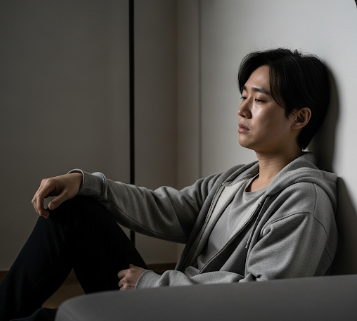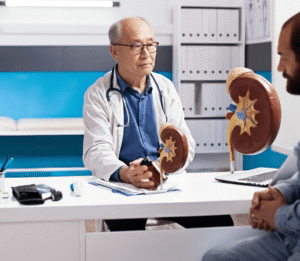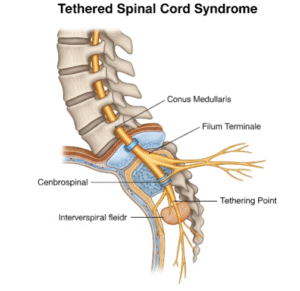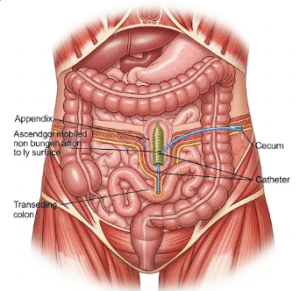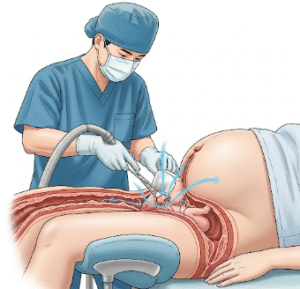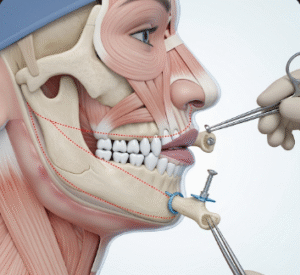Overview
Depression is a common and serious mental health disorder characterized by persistent feelings of sadness, hopelessness, and loss of interest in daily activities. It can affect thoughts, emotions, behaviors, and physical health, significantly reducing quality of life. In Korea, mental health clinics and hospitals provide comprehensive diagnosis, therapy, and treatment options, ensuring early intervention and effective management of depression.
Key Facts
▶ Prevalence: Millions worldwide, including children, adolescents, and adults; higher risk in women and people with chronic illnesses.
▶ Causes: Genetic, biochemical, psychological, and environmental factors.
▶ Associated Symptoms: Persistent sadness, loss of interest, fatigue, sleep disturbances, changes in appetite, difficulty concentrating, or feelings of worthlessness.
▶ Treatment Options in Korea: Psychotherapy, medications (antidepressants), lifestyle interventions, and advanced therapies like transcranial magnetic stimulation (TMS).
▶ Urgency: Severe depression with suicidal thoughts requires immediate professional attention.
What is Depression?
Depression is more than feeling sad—it is a medical condition affecting mood, cognition, and physical functioning. Symptoms persist for weeks, months, or even years if untreated.
▶ Major Depressive Disorder (MDD): Persistent low mood and loss of interest or pleasure in most activities.
▶ Persistent Depressive Disorder (Dysthymia): Chronic, low-grade depression lasting two years or longer.
▶ Seasonal Affective Disorder (SAD): Depression occurring during specific seasons, often winter.
▶ Postpartum Depression: Depression affecting women after childbirth.
▶ Situational Depression: Triggered by life events, trauma, or significant stress.
Note: Early recognition and intervention are key to preventing long-term functional impairment and severe complications.
What Symptoms Are Related to Depression?
▶ Persistent Sadness or Low Mood: Most common emotional symptom.
▶ Loss of Interest or Pleasure: In hobbies, work, or social activities.
▶ Fatigue or Low Energy: Difficulty performing daily tasks.
▶ Sleep Disturbances: Insomnia, early waking, or excessive sleeping.
▶ Changes in Appetite or Weight: Significant increase or decrease.
▶ Difficulty Concentrating: Memory issues or indecisiveness.
▶ Feelings of Worthlessness or Guilt: Excessive self-criticism or hopelessness.
▶ Psychomotor Changes: Restlessness or slowed movements.
▶ Suicidal Thoughts or Behaviors: Severe cases require immediate intervention.
What Causes / Possible Causes
Depression arises from a combination of biological, psychological, and environmental factors:
▶ Genetic Predisposition: Family history of depression increases risk.
▶ Biochemical Factors: Imbalances in neurotransmitters such as serotonin, dopamine, or norepinephrine.
▶ Psychological Factors: Trauma, childhood adversity, stress, or low self-esteem.
▶ Chronic Illness: Diabetes, cardiovascular disease, or chronic pain can contribute.
▶ Medications: Certain drugs may trigger depressive symptoms.
▶ Hormonal Changes: Postpartum, menopause, or thyroid disorders.
▶ Environmental Factors: Isolation, unemployment, financial stress, or loss of loved ones.
▶ Lifestyle Factors: Poor sleep, unhealthy diet, lack of exercise, or substance abuse.
Note: Understanding underlying causes is crucial for tailored treatment and long-term recovery.
When Should I See a Doctor?
▶ Persistent Low Mood: Lasting more than two weeks.
▶ Functional Impairment: Difficulty performing work, school, or social activities.
▶ Severe Symptoms: Significant weight loss, sleep problems, or fatigue.
▶ Suicidal Thoughts or Plans: Immediate professional help is necessary.
▶ Behavioral Changes: Withdrawal, irritability, or risk-taking behaviors.
▶ Coexisting Conditions: Anxiety disorders, substance use, or chronic illness.
▶ Children or Adolescents: Mood changes, irritability, or declining school performance.
▶ Failure of Self-Care: Symptoms do not improve with lifestyle adjustments.
Tip: In Korea, mental health professionals provide confidential evaluation, counseling, and treatment plans tailored to age and severity.
Care and Treatment
Effective treatment combines psychotherapy, medications, lifestyle changes, and support systems:
▶ Psychotherapy: Cognitive-behavioral therapy (CBT), interpersonal therapy, and counseling.
▶ Medications: Antidepressants such as SSRIs, SNRIs, or tricyclics under supervision.
▶ Lifestyle Interventions: Regular exercise, adequate sleep, balanced diet, and stress management.
▶ Support Systems: Family, peer support, and community resources.
▶ Hospitalization: Required for severe depression or suicidal risk.
▶ Monitoring: Regular follow-up to track response to treatment and side effects.
▶ Complementary Therapies: Mindfulness, meditation, and light therapy for seasonal depression.
Treatment Options in Korea
Medical Evaluation:
▶ Psychiatric Assessment: Detailed history, mental status exam, and risk evaluation.
▶ Laboratory Tests: Rule out medical conditions contributing to depression.
▶ Screening Tools: PHQ-9, Beck Depression Inventory, or specialized pediatric/adolescent tools.
▶ Specialist Consultation: Psychiatrists, psychologists, or pediatric mental health specialists for children.
Advanced Therapies:
▶ Transcranial Magnetic Stimulation (TMS): Non-invasive brain stimulation for treatment-resistant depression.
▶ Electroconvulsive Therapy (ECT): Considered in severe or refractory cases.
▶ Group Therapy: Structured sessions providing peer support and coping strategies.
▶ Multidisciplinary Care: Coordination among psychiatrists, psychologists, nutritionists, and social workers.
Rehabilitation & Support:
▶ Patient Education: Recognizing symptoms, adherence to treatment, and lifestyle modifications.
▶ Follow-Up Care: Regular monitoring to prevent relapse or recurrence.
▶ Specialist Clinics: Korean hospitals provide integrated mental health care combining medical, psychological, and social support.
Outcome: With early recognition and comprehensive treatment in Korea, depression can be managed effectively, improving mood, functionality, and overall quality of life, while reducing the risk of relapse and serious complications.

